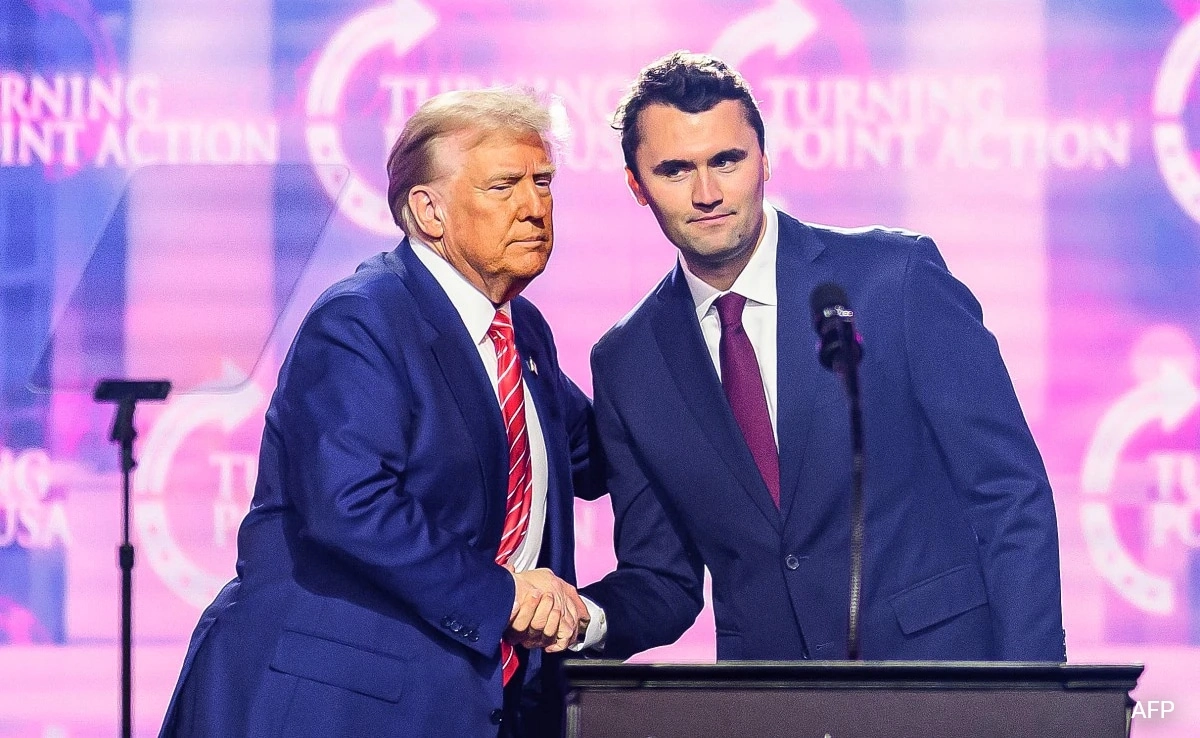In a recent statement that has stirred significant controversy, former President Donald Trump claimed that Charlie Kirk, a prominent conservative activist and founder of Turning Point USA, was “violently killed” due to his outspoken advocacy for freedom and justice. This assertion, which lacks concrete evidence, has fueled speculation and debate about the current political climate and the potential dangers faced by those who challenge the status quo. Kirk, known for his fervent support of conservative values and his criticism of leftist ideologies, has garnered both staunch supporters and vocal detractors throughout his career. Trump’s comments underscore the heightened tensions in American politics, where discourse often escalates into accusations of violence and persecution against those who hold differing viewpoints.
The implications of such statements are profound, as they not only reflect the polarization within the political landscape but also raise questions about the safety of public figures engaged in controversial discussions. The assertion that Kirk was a victim of violence because of his beliefs suggests a narrative where dissenting voices are systematically targeted. This rhetoric can contribute to a climate of fear among activists and commentators, potentially stifling free speech and open dialogue. While Kirk’s supporters may rally around the notion of martyrdom for the cause of freedom, critics argue that such claims can lead to dangerous consequences, including the glorification of violence and the vilification of opposing perspectives.
Moreover, the context in which these comments were made cannot be overlooked. Trump’s remarks come at a time when political rhetoric has become increasingly incendiary, with both sides of the aisle accusing one another of promoting extremist views. The former president’s choice of words may resonate with his base, who often feel that their beliefs are under siege. However, it also risks deepening divisions and inciting further discord among the electorate. In the age of social media, where information spreads rapidly, such statements can quickly gain traction, leading to potential misinformation and a misinterpretation of events.
As the nation navigates these turbulent waters, it is crucial for public figures to exercise caution in their rhetoric. The responsibility lies not only on politicians but also on the media and the public to engage in constructive dialogue rather than resorting to inflammatory language. Understanding the impact of words in a highly charged political environment is vital for fostering a culture of respect and tolerance. Ultimately, while the fight for freedom and justice is essential, it must be pursued through peaceful means and open discourse, rather than through the perpetuation of violence or victimhood narratives.




